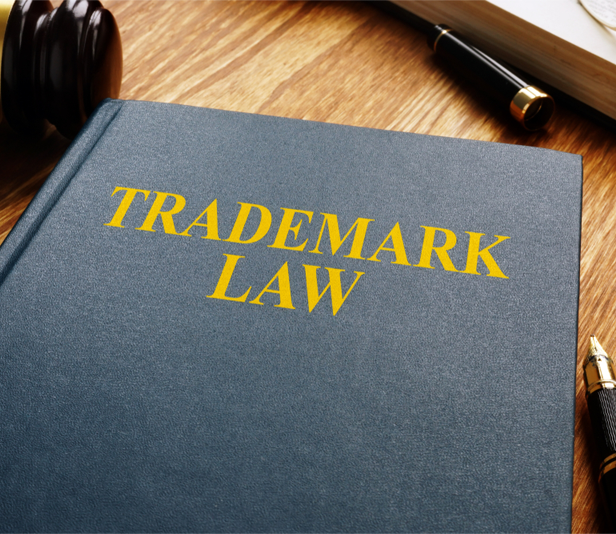October 18, 2024
Penn State Trademark Lawsuit Against Merch Maker Headed to Trial
The case could impact future legal fights involving claims of trademark infringement.
Key Takeaways:
• Nittany Lions Sue: Penn State is suing Vintage Brands for trademark infringement, claiming unauthorized use of its marks on merchandise.
• A Court Date Looms: judge ruled the case should go to trial, which is scheduled to begin in November.
• Precedent Setter? The outcome could set a precedent, potentially making it harder and/or more expensive for brands to protect their trademarks in the U.S.
A legal battle between The Pennsylvania State University and a retailer of college-branded merchandise could have implications for trademark protection efforts in the United States, including potentially making it more difficult to safeguard marks – or at least more expensive and time-consuming to do so.
For instance, legal analysts like Attorney Matthew Moersfelder of the law firm Seyfarth Shaw, writing for Bloomberg Law on Oct. 17, said that regardless of the results of the case, at least one possible effect of it is that navigating pre-trial rulings could grow costlier for holders of trademarks.

Lawsuits involving claims of trademark infringement and related matters can prove important cases to study for professionals in the print and promotional products markets, providing insights into how courts may handle claims at the complicated intersection of logos, branding, graphics and intellectual property/copyright law. Here’s a look at the Penn State case.
‘Serial’ Infringement Alleged
Back in 2021, Penn State sued Vintage Brands, accusing the Seattle-based company of trademark infringement, counterfeiting and unfair competition.
Vintage Brands, which makes and sells merch directly to consumers, doesn’t have any licensing agreements with Penn State but was selling a variety of products that bore what the university said are its legally held marks.
Vintage Brands didn’t deny that it was selling products like apparel that included the Penn State branding.
In fact, a quick perusal of the company’s website shows that Vintage Brands markets and sells branded apparel, headwear and other products that feature the marks of a wide array of collegiate and professional teams in sports that include football, baseball, basketball and hockey.
While that led Penn State to call Vintage Brands a “serial infringer” of trademark rights in its complaint, the Seattle company asserted it’s doing nothing wrong.
To wit, attorneys for the company have argued that Vintage Brands’ use of Penn State’s marks – and by extension other college/professional teams’ marks, the implication goes – is only ornamental and thus within the law.
The line of legal reasoning is that fans purchase the branded gear to proclaim their affinity for a team/school, rather than because they believe the trademark holder has made or approved the products.
A Trial Looms
Indeed, the legalese gets a bit complicated. Earlier in 2024, a judge partially sided with Vintage Brands, saying the use of the Nittany Lions’ marks appears to be just ornamental. Still, the judge also noted that Penn State had made enough of a case that shoppers do consider the source of branded products when looking to purchase them in support of a college/team. The case was ordered to trial.
Jury selection for the trial is scheduled to begin Nov. 12 this year. Should the jury ultimately find fully in Vintage Brands’ favor, it could make it more difficult for brands across industries – not just higher education, collegiate sports and professional sports – to fend off what they believe to be unauthorized use of their marks.
Courts have viewed the ornamental and source origin questions differently.
For instance, the Trademark Trial and Appeal Board has per se rules that effectively state that branded merchandise is, as Moersfelder explained, a source identifier of the mark holder and thus can’t be used legally by others without permission. Meanwhile, other jurisdictions require the intellectual property holder to prove that consumers believe the alleged offending merchandise is sponsored by/affiliated with the legal owner of the trademarks. Penn State is being held to the latter standard – and that’s noteworthy.
“As a result,” Moersfelder said, “even if [Penn State] ultimately prevails in showing a likelihood of confusion, this decision may change the balance of power between trademark owners and third parties in the [U.S. Court of Appeals for the Third Circuit] and fuel a trend of requiring costly litigation by trademark owners to enforce their rights.”
Other recent attention-worthy trademark cases have involved Thom Browne and Adidas, Drake and promo supplier Members Only (asi/70569), Nirvana and Marc Jacobs, Trader Joe’s versus a union representing its workers, and NBA star Victor Wembanyama.
